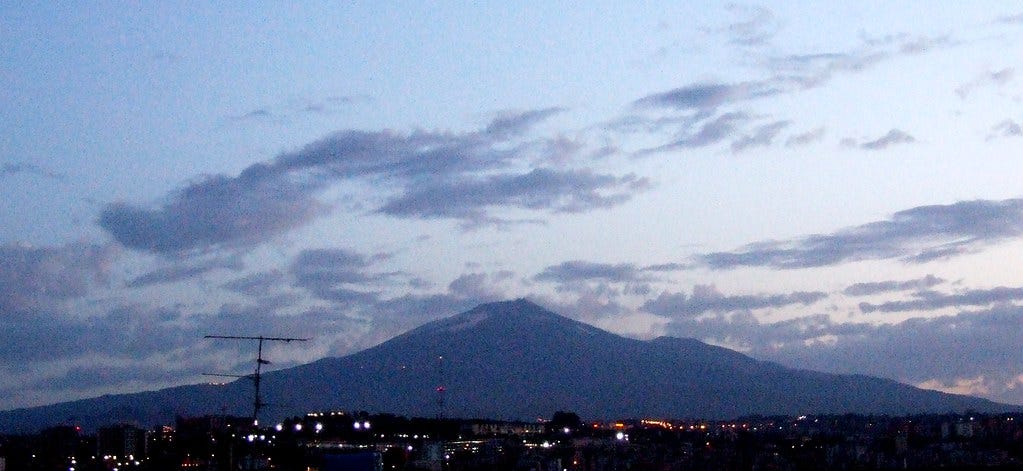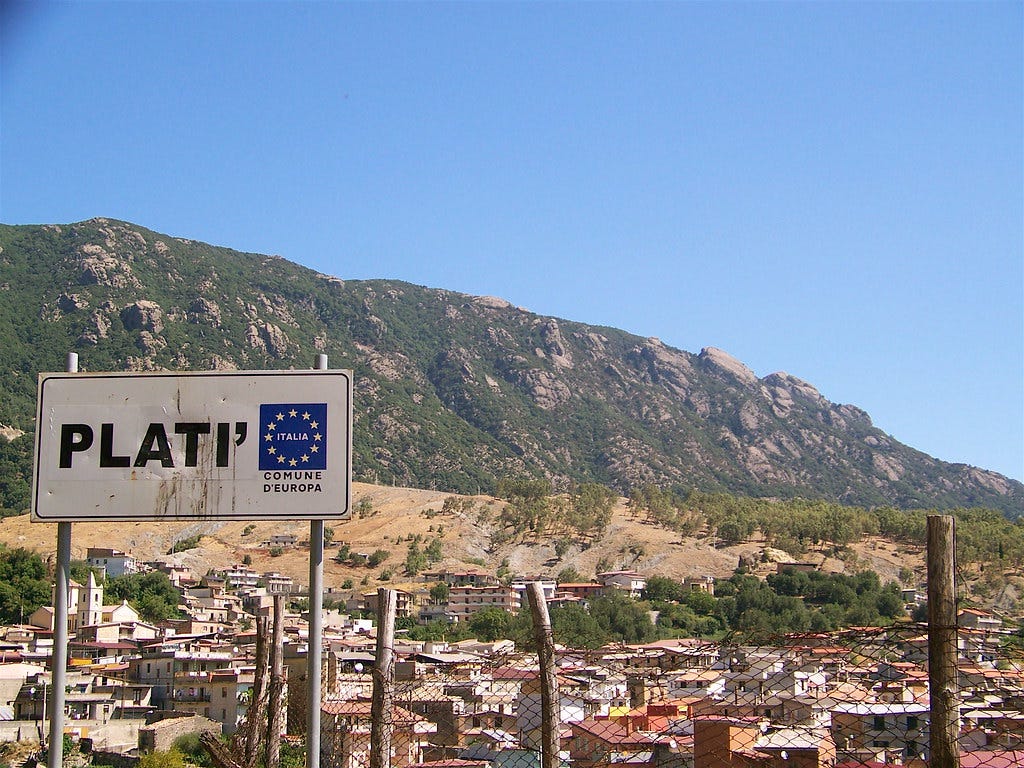There is a nice article about Catania in the current edition of the Spectator. If you subscribe, you can read it here. The author, Sean Thomas, praises the place for the usual reasons, but then adds:
“Catania is poor. It is grimy, dusty, sooty, scattered with litter, surrounded by dystopian suburbs, and graffiti is scrawled over graffiti every inch. And it is edgy: by some reckonings it is the most dangerous city in Europe, per capita, certainly in the top ten, thanks to pickpocketing and mugging at the low end of the scale and murder at the top. In short, Catania is a terrible town, and that is why I love it.”
None of this is untrue, it has to be said, so if you are going to Catania, be warned. While the centre, which is relatively small, is full of the most wonderful things, which repay careful and deep appreciation, the outskirts of the megalopolis are rarely visited, and for good reason. ‘Dystopian suburbs’ sum them up; the same, by the way, is true of Rome, Naples and most big Italian towns. There are few places worse in Europe than the urban sprawl of Italy, and there is a reason for this: most of the buildings are abusivi, that is, built without planning permission, or given retroactive planning permission, when they should not have been. We often complain about the strict planning and zoning laws in the UK, but they do serve a purpose; and Italy’s disregard for the rule of law has led to large swathes of il Bel Paese being ruined. As for who is responsible for much of the illegal building, well, you can guess.
Mr Thomas then speaks of a place I have never heard of called Platì in Aspromonte, a stronghold of the ‘Ndrangheta, which most emphatically does not welcome visitors. (His car is stoned by little boys.) Let Wikipedia tell the story:
“Platì is notorious for being a centre of the powerful 'Ndrangheta, the Calabrian organized crime organization. The town has been called the "cradle of kidnapping" and it is suspected that kidnap victims were held within underground hide-outs. The wealth of the crime families is well hidden, and the municipality is officially the one with the lowest per capita income in Italy. In a large scale operation in the night of 13 November 2003, thousands of carabinieri stormed the town, discovering hidden underground rooms and hallways and arresting 131 people.
“The tunnels are sophisticated and in some places large enough to drive a lorry through. Most of the passages run parallel to the town's sewer system. Remote-controlled trap doors lead into houses, some of them uninhabited, enabling the 'ndranghetisti to escape from the police at a moment's notice. Some of the tunnels emerge outside the town close to woodland, while others open into animal pens and barns on local farms.
“Platì is home to the Barbaro, Romeo, Marando, Papalia and Sergi 'ndrine. Seven of Platì's mayors have failed to finish their terms: two were killed while still serving, while another five were removed from office on suspicion of corruption.
In July 2006, the town council was dissolved on orders from the central government and replaced by a prefectorial commissioner because it had been infiltrated by the 'Ndrangheta.”
My only experience of Calabria has been the pleasant rivieras of Reggio and Lamezia, but it seems that not so far away is a place there the writ of the Italian government does not run, indeed has never run. Platì has had its own elected mayor since 2020, by the way, and has an official population of 3, 711 people, many of whom, one imagines, are involved in organised crime.
At the dawn of the early modern period, King Edward IV and King Henry VII both waged successful war against what were known as franchises, that is, places which were exempt from royal authority, and which were subject to private government, enforces by private armies. By the time of Henry VIII no such franchises were left, the last and greatest to fall being the Church, which was effectively nationalised. But in Italy, or rather the former Kingdom of the Two Sicilies, there continue to be private fiefdoms, private armies, and lords of misrule. Periodic Carabinieri raids won’t change that. But what will?
Platì, along with Corleone in Sicily, may not be worth visiting, but Catania definitely is, but one needs to remember that the city, lovely as it is, exemplifies the failure of government to govern.






Interesting & scary at the same time!